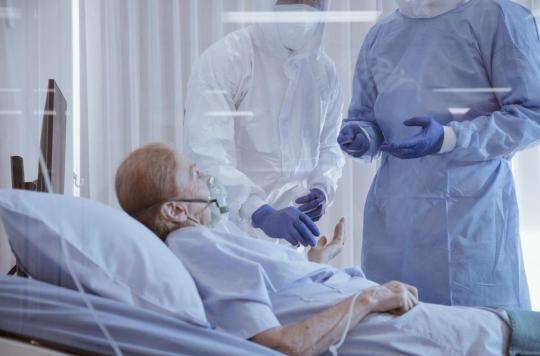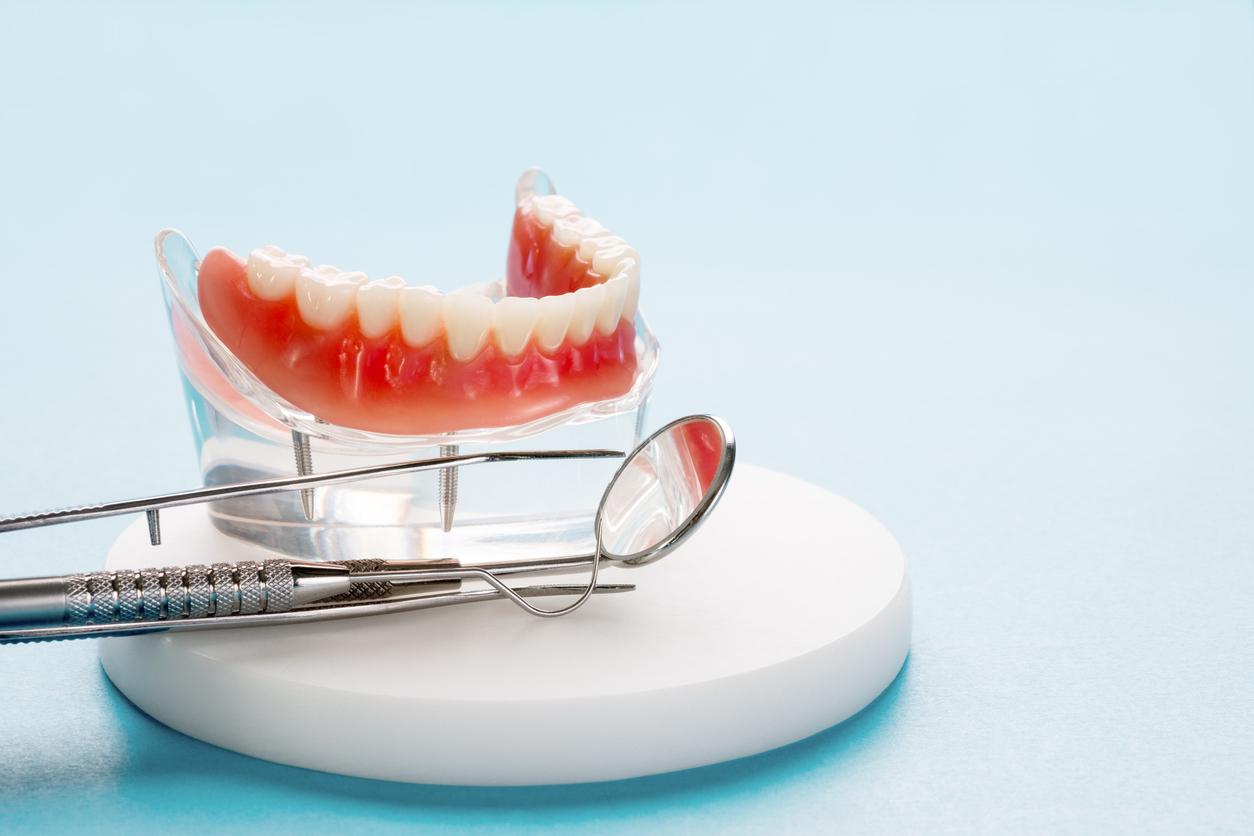In the long term, Covid-19 can have side effects such as respiratory, cardiovascular or even diabetes. Complications which, in the long term, could also weigh on the intensive care units.

- A study confirms the potential seriousness of the sequelae of Covid
- Re-hospitalized patients are most often for pulmonary and cardiac complications
One in 10 patients who have been hospitalized with Covid-19 die within 140 days of being discharged, according to a study published in the journal BMJ. And, over the same period, 29.4% of patients hospitalized for Covid-19 are then readmitted to hospital. To arrive at these results, the researchers analyzed the health data of 47,780 people in Great Britain with Covid-19, treated in hospital and who were discharged alive in August 2020. The average age of these patients was 65 years old and just over half – 55% – were men.
Risks of respiratory, cardiovascular and diabetes diseases
In their work, scientists determine the rate of rehospitalization of patients but not the cause of this second admission. Another one study published in December 2020 in the journal JAMA put forward a few reasons. In the majority of cases, after Covid-19, patients return to hospital for generalized infections, pneumonia and heart failure.
On the other hand, according to the study published in the journal BMJ, patients hospitalized with Covid-19 had higher rates of respiratory, cardiovascular disease and diabetes than the rest of the general population. The researchers thus estimate that these patients had a greater risk of having side effects, and this on various organs such as the lungs or the heart. They also note that these complications did not only affect elderly patients, but also those under the age of 70.
Monitor these side effects so as not to saturate hospitals
Previous studies had already warned about post-covid damage. In January 2021, scientists published their work in the journal The Lancet. They indicated that six months after being infected with Covid-19, 75% of patients still showed symptoms. For the most part, these were general and muscular fatigue, sleep disturbances, anxiety or depression. This phenomenon is called “long Covid”, that is to say the set of manifestations of the disease which persist even after infection.
The pathologies and side effects associated with Covid-19 must therefore be taken into account, treated and even, as far as possible, anticipated. The researchers emphasize the need for further research to establish the risk factors for these complications. ” Until now, we thought that heart disease, kidney disease and diabetes were risk factors for patients with Covid-19, but it turns out that these are also complications related to Covid-19believes Amitava Banerjee, co-author of the study, in the newspaper the Guardian. This requires monitoring the condition of post-Covid patients in order to detect any organ alterations as soon as possible. “. A very important issue, especially since the intensive care units are saturated in several regions in France and would hardly support a readmission of patients linked to the side effects of Covid-19.
Ultimately, the actual mortality of the coronavirus can therefore only be established when all these complications are taken into account. So far more than 96,000 people have died from SARS–CoV-2 in France.
.















